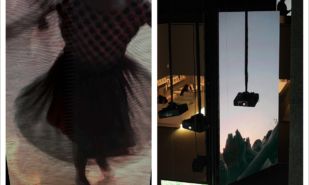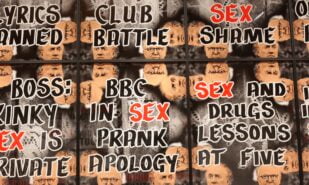Here is a list of brands that have been honored with the privilege of supplying goods to the King and his family:
- Twinings – tea, coffee
- Fortnum & Mason – tea, groceries
- Waitrose – groceries
- Heinz – sauces
- Charbonnel et Walker and Prestat – confectionery and chocolates
- Kellogg’s – biscuits
- Louis Roederer – champagne
- Berry Bros & Rudd – wine
- Laphroaig, Dewar’s, and Johnnie Walker – whisky
- Gordon’s and Tanqueray – gin
- John Lewis – home goods, decor
- Molton Brown – toiletries (it is said that Queen Elizabeth’s favorite soap scent was “Orange and Bergamot”)
- Elizabeth Arden and Clarins – skincare and makeup
- Floris – perfumery
- Aspinal of London – handbags
- Hunter – rubber boots
- Barbour – coats and jackets
- Burberry – trench coats
- Cornelia James – gloves
- Ettinger – leather goods
- Gieves & Hawkes – one of the oldest clothing manufacturers in the world, providing clothing for the Royal Court and high-ranking military officials
- Pringle of Scotland – cashmere cardigans and sets
- Fulton – supplier of umbrellas to the Royal Court
- Ede & Ravenscroft – clothing for the British monarchs since 1689, including mantles for the Royal Family
- DAKS – premium clothing, with three Royal Warrants obtained from the Duke of Edinburgh, Queen Elizabeth II, and the Prince of Wales in 1956, 1962, and 1982, respectively
- John Lobb – has held a Royal Warrant for over 150 years, supplying footwear to the Prince of Wales and the Duke of Edinburgh
- Smythson – stationery and office supplies.
Thank you for adding more brands to the list. It’s fascinating to see the diverse range of companies that have received the Royal Warrant.
Indeed, the list of current Royal Warrant holders can be found on the Royal Warrant Holders Association website, showcasing the prestigious companies that are currently honored to supply goods or services to the Royal Family.
While the Royal Warrant is a prestigious recognition, it is not permanent, and companies must maintain the standards and requirements set by the Royal Household to retain the honor. As the case with Rigby & Peller demonstrates, the Royal Warrant can be revoked if the conditions are no longer met or if there are any breaches of protocol.
The Royal Warrant is an esteemed mark of excellence, and companies take great pride in being associated with the British monarchy. It not only signifies the quality of their products or services but also serves as a symbol of tradition, history, and the longstanding relationship with the Royal Family.
It’s unfortunate that the company director, June Kenton, had her Royal Warrant revoked due to the details shared in her memoirs. It seems that the close examination of the Royal Family’s undergarments was not well-received, and this led to the decision to annul the warrant without providing specific reasons.
Receiving and holding a Royal Warrant is a significant honor, and the privilege comes with certain responsibilities and protocols that must be respected. The Royal Family’s privacy is highly valued, and any breach of trust can have serious consequences, as seen in this case.
June Kenton expressed regret over including such information in her autobiography and acknowledged that she underestimated the impact it would have on her relationship with the Royal Family. Losing the Royal Warrant understandably had a profound impact on her and her business.
The lesson here serves as a reminder that when dealing with matters concerning the Royal Family, utmost discretion and respect for their privacy must be observed. It highlights the sensitivity surrounding the association with the monarchy and the importance of preserving the long-standing traditions and values associated with the Royal Warrant.
There have been cases when companies voluntarily relinquished their status as royal suppliers. In 2015, Volkswagen was forced to give up its royal warrant due to a scandal known as “Dieselgate.” The software in the controllers of some diesel engines deceived emission tests by significantly reducing harmful gas emissions.
The company acknowledged the manipulation and recalled over a million vehicles from the UK, including twelve cars from the Queen’s personal collection.
Another case of losing the supplier status was associated with Princess Diana’s name. In 2000, Mohammed Al-Fayed, the father of Dodi Al-Fayed, accused Prince Philip of ordering the murder of his son and Diana. A year later, the Harrods department store, which Al-Fayed owned, lost its status as a royal supplier.




